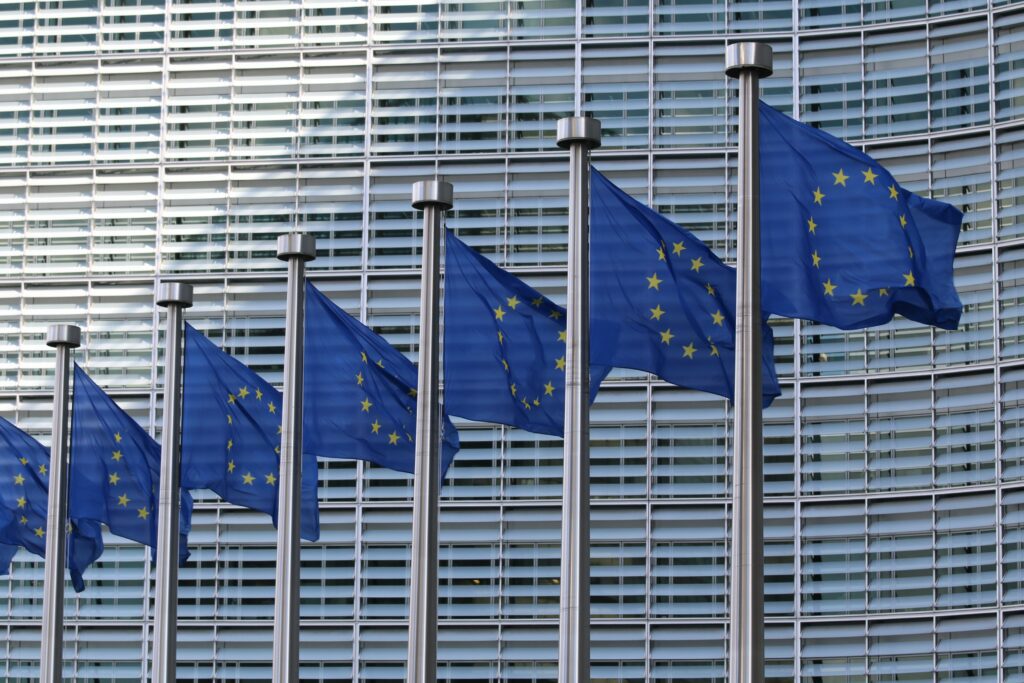WHAT IS THE GFA policy MATRIX: EU?
Launched at Global Fashion Summit: Copenhagen Edition 2023, the GFA Policy Matrix: EU is an evolving resource designed to comprehensively document the policy landscape relevant to sustainability in the fashion industry at the European Union level. Much like its counterpart, the GFA Policy Matrix: Americas, this publication serves as a practical reference for industry stakeholders, policymakers, sustainability advocates, and other stakeholders interested in deciphering the intricacies of policies related to textiles.
A Comprehensive Resource
The GFA Policy Matrix: EU is a non-exhaustive document that encapsulates a wide array of policy efforts at the EU level. Our goal is to offer a holistic perspective on the current policy initiatives in place, in development, or upcoming, which address critical sustainability and social issues within the fashion industry.




